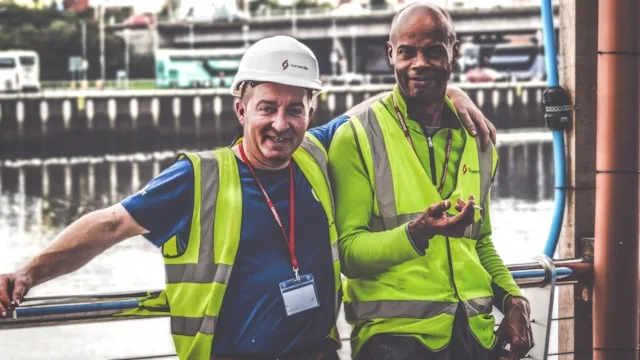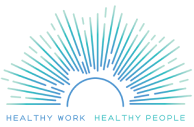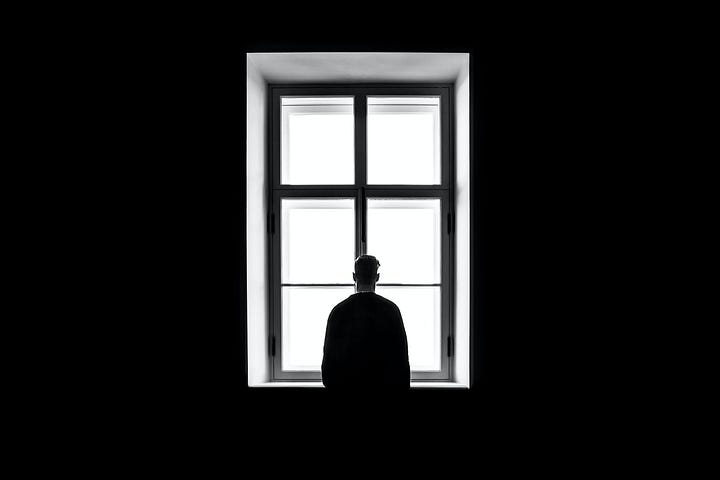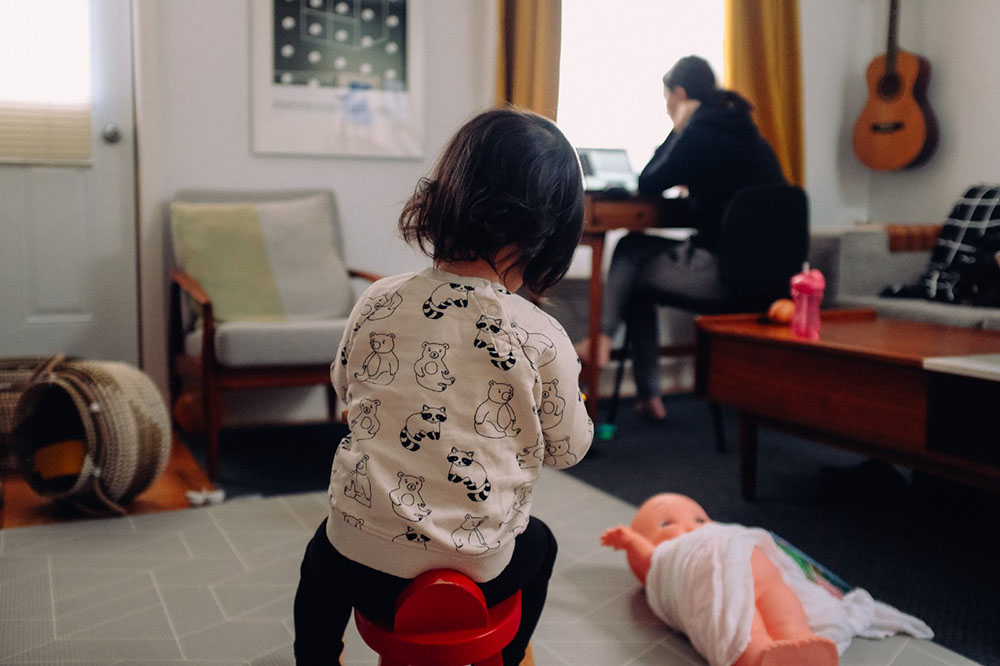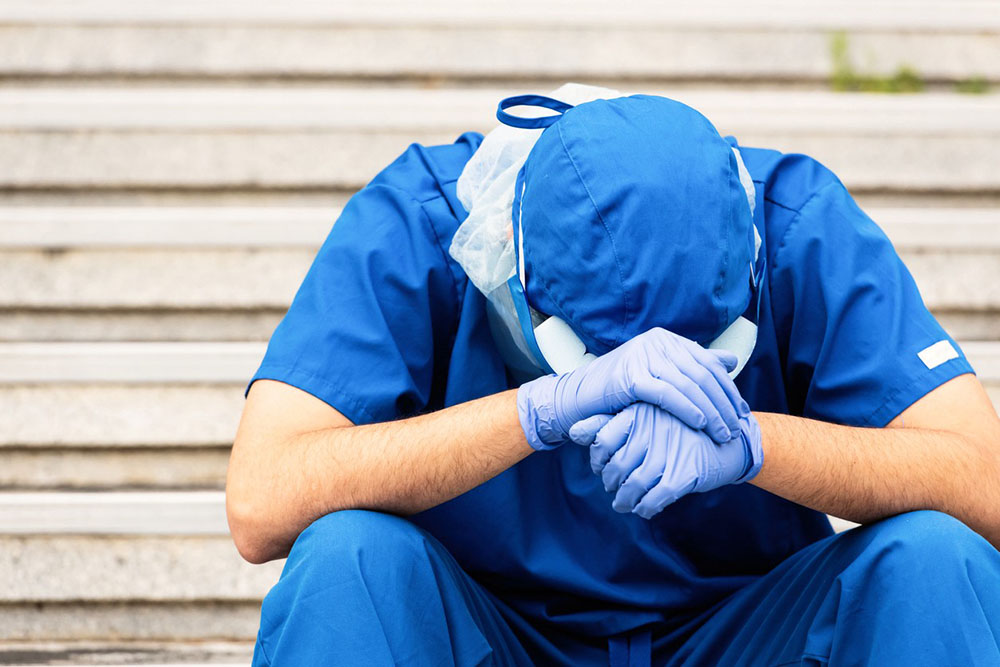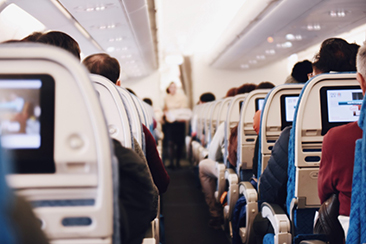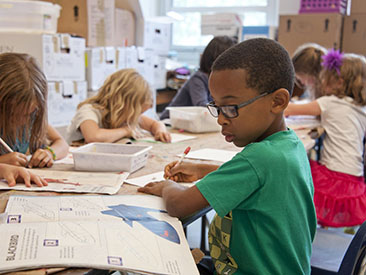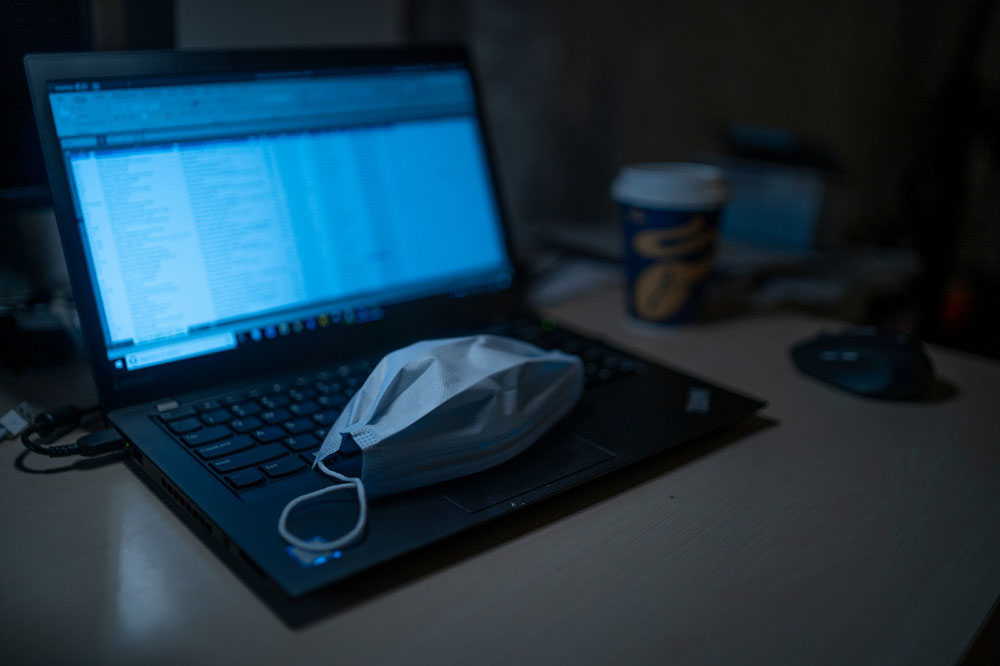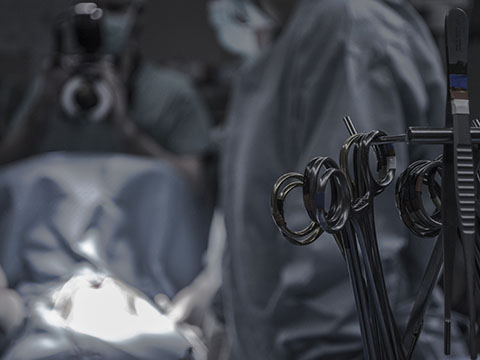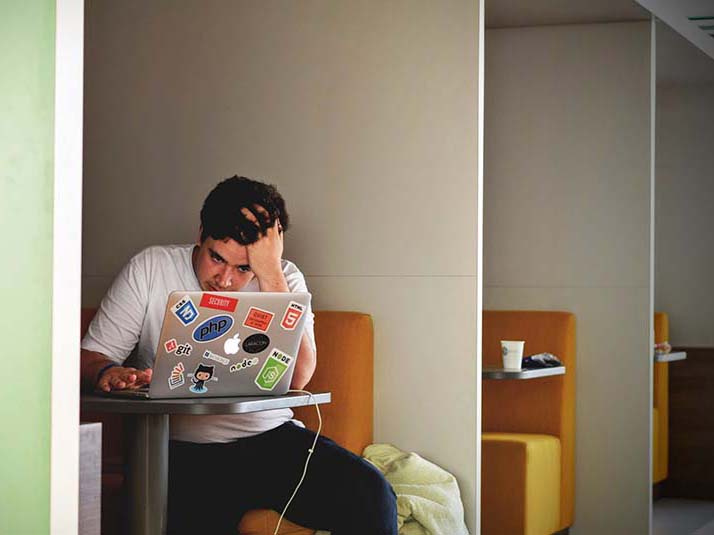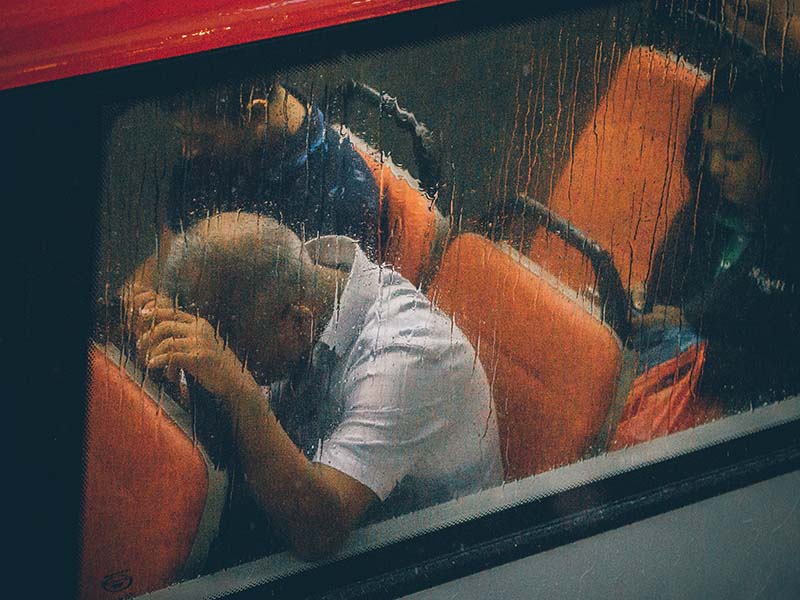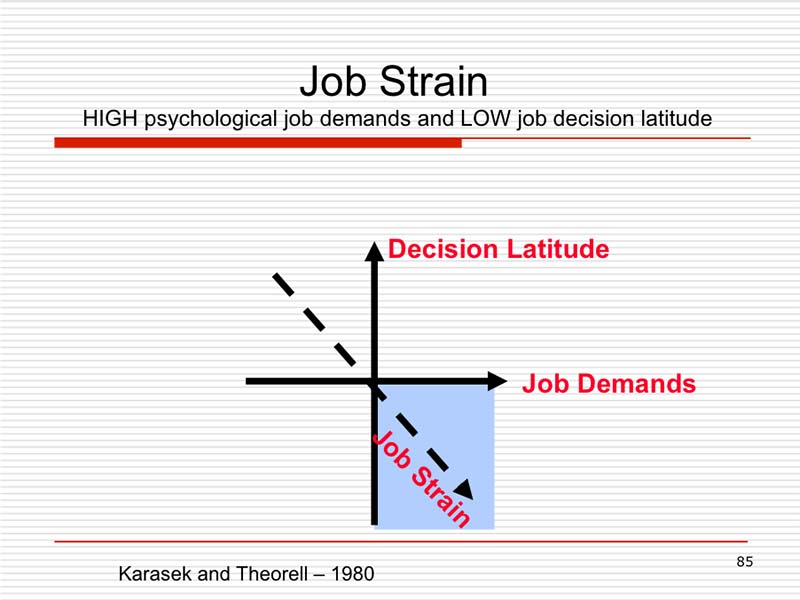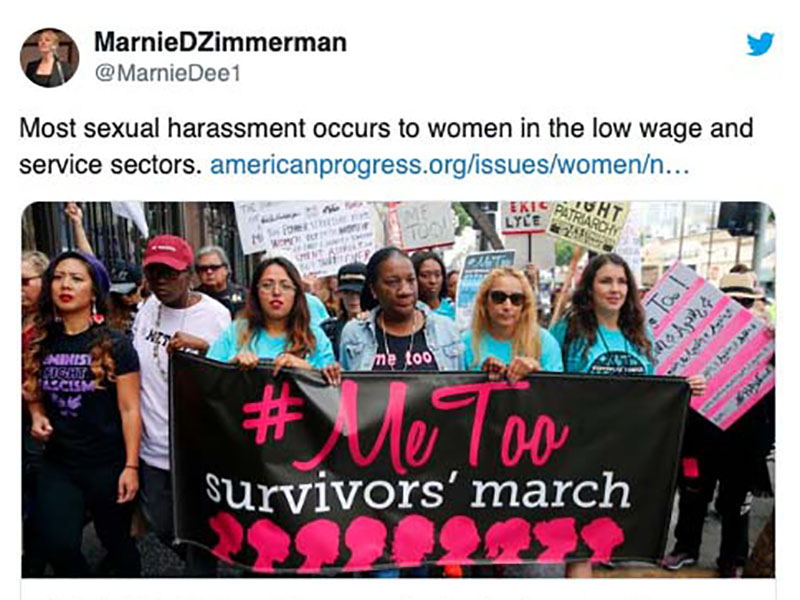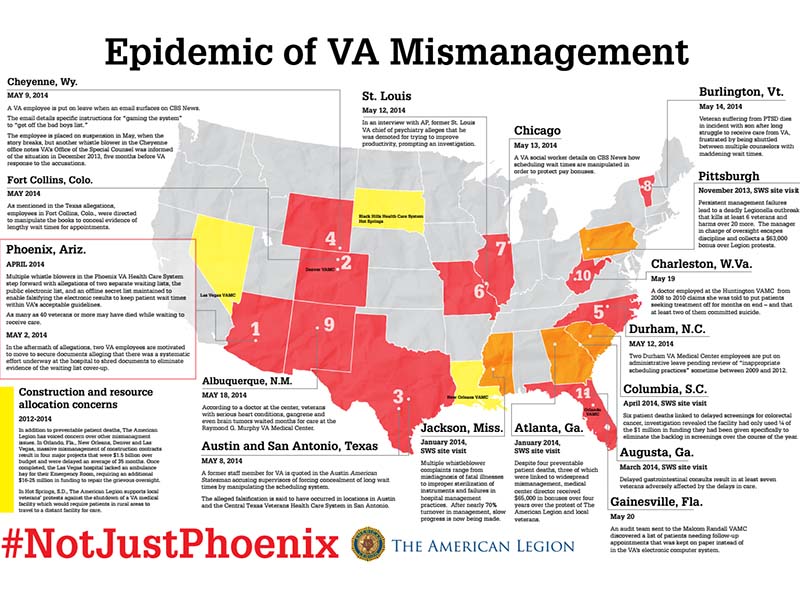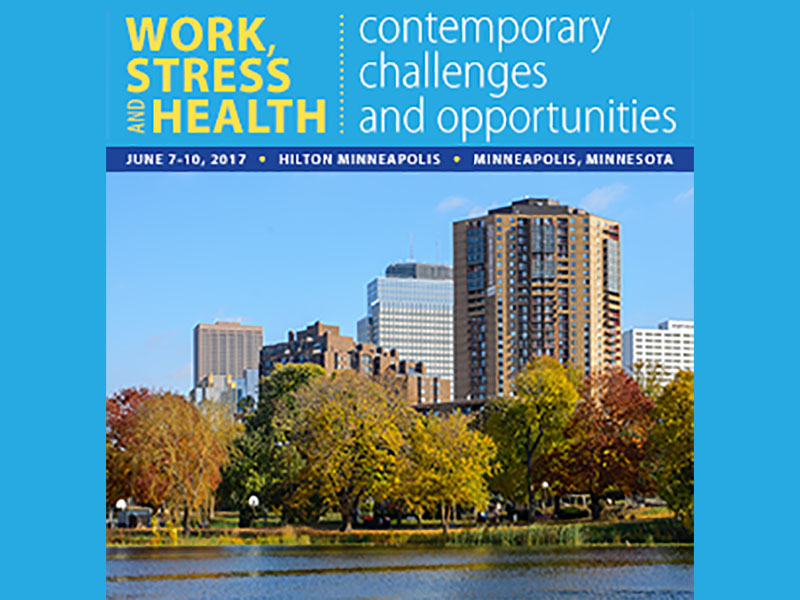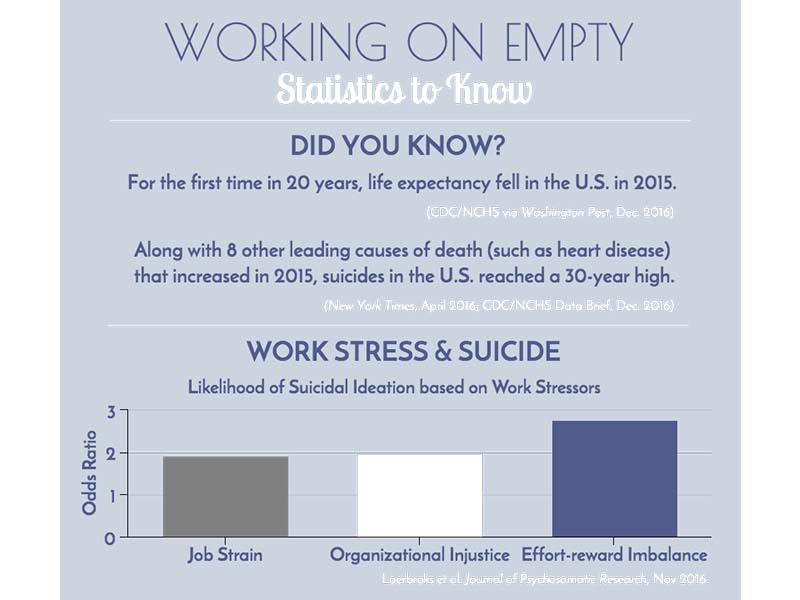Healthy Work Articles
The Healthy Work Campaign‘s column, Healthy Work Now (formerly Working on Empty), debuted in February 2017 on Medium.com. The column explores how work in the U.S. contributes to the poor and declining health of workers, the reasons for toxic workplace cultures, work stress as a consequence of poor work organization, the impact of laws (the need for new ones), workplace policies, and collective action that can create healthy work.
Creating the column (as well as the videos and our 11’ documentary short, Working on Empty) gave rise to this public health campaign. It was our research on the health burden experienced by working men and women in the U.S., resulting from work stress and unhealthy working conditions, that shaped our Healthy Work Mission, Principles and Agenda. If you have gone through the website and feel like you want to dig deeper into the complexities of the research and how they intersect with our dynamic workplaces, cultures and public policies, we encourage you to read and subscribe to our column. If you like what you read, please follow us on Medium and share our column with family, friends and colleagues.
Join the conversation! We want each and every one of you to be a part of the conversation. And we want your co-workers and communities to join as well. Following and commenting on our articles and our social channels,* you can continue and even elevate the conversation. These articles are for you and, at some point, we hope, they may even be penned by some of you.
We’d love your feedback. When you feel comfortable, please drop us a line and let us know what you think of the articles and the conversations that follow. The #healthywork movement will only succeed when we’re all part of the conversation and listening to one another. After all, together we’re healthier, happier and more productive.
The Articles:
The Workplace Causes Loneliness
by Marnie Dobson Zimmerman, PhD & Peter Schnall, MD MPH*
Half of adults in the United States experience loneliness, and it was increasing even before the pandemic’s social isolation. Social relationships and adequate social support are key social determinants of health. Loneliness not only has consequences for mental health, contributing to and worsening depression and anxiety, but also to physical health, increasing your risk of heart disease, stroke, and dementia. The connection of loneliness to premature death is startling. The impact of being socially disconnected is equivalent to smoking 15 cigarettes a day, even greater than obesity and physical inactivity. COVID exacerbated social disconnection and loneliness, making an already alarming mental health crisis even worse…
Unpacking Quiet Quitting
by Marnie Dobson Zimmerman, PhD
Why did the “Great Engagement Project” backfire and become “Quiet Quitting”?
Quiet Quitting — the new buzzword in the world of workplace policy.
The term made me thrilled and curious the first time I heard it. “Quiet Quitting” reportedly went viral after a TikTok video. @zkchillin (#workreform) said he learned about “Quiet Quitting” as the decision to “quit going above and beyond at work” — not actually quitting…
Remote Work or Return to the Office? It depends…
by Marnie Dobson Zimmerman, PhD & Pouran Faghri, MD*
Working from home was a luxury before the pandemic, and typically was composed of mostly people in professional, business, finance, management or freelance roles. Millions of American workers made a transition to “remote work” during the pandemic when employers complied with shut down orders and social distancing in workplaces. According to the U.S. Census Bureau in August 2020, 37% of Americans…
Work Stress in the Age of COVID: What Can We Do?
by Marnie Dobson Zimmerman, PhD & Pouran Faghri, MD*
The COVID-19 pandemic has been causing much uncertainty, anxiety, and stress, touching on nearly every aspect of our lives, and is likely to stay for a while more. Research has shown, long before the pandemic, that work stressors (sources of stress at work) including, high job demands, low job control, long working hours, and imbalance between efforts and rewards, can negatively impact mental and physical health. During the pandemic, many of these work stressors have intensified including lack of social support (due to lockdowns and social distancing) and balancing work and family life, especially for working families with very young school-age children. On the flip side, business closures or staffing cuts have led to the most significant rise in unemployment and underemployment since the Great Depression, both major causes of stress and mental health issues.
Air Travel and the Pandemic: an Epidemiologist’s Perspective
by Peter Schnall, MD, MPH*
Prior to COVID-19, I was a frequent flyer: traveling internationally almost monthly for both work and personal reasons, and logging more than one million miles in the past decade. As a physician/epidemiologist, I have had a research and public health focus on working conditions and their impact on physical and mental health for the past 30 years. During plane trips, when passengers beside me asked me what I did for a living, I would talk with them about the impact of work on health, question them about their jobs, and of course, answer many questions they had about how work might impact their health.
Reopening Schools: Mental health vs Health & Safety?
by Marnie Dobson Zimmerman, Ph.D., & Pouran Faghri, M.D.
During the past few weeks in the U.S., the debate over school reopenings in the Fall, in light of COVID-19 surges, has been fever pitched. The negative mental health and academic impacts of social distancing and online learning on children are given as reasons to reopen schools despite being in the midst of an out-of-control pandemic. But while these are real, legitimate concerns, do they outweigh the risks to the health and safety of children, families, and teachers returning to classrooms amid a surge?
Freelance and Gig Work during COVID-19
By Marnie Dobson Zimmerman, Ph.D.*
Sarah** has been a self-employed/independent contractor/small business owner for many years now and has encountered slow periods of work in the past. Freelancers are used to the ups and downs of gig work, but this is the first time she and many other gig workers have experienced a complete shutdown in work opportunities. Sarah’s profession requires close in-person contact which cannot be performed remotely and is considered “non-essential” according to the Stay-at-Home orders issued by her state to reduce the spread of COVID-19. No work also means zero income.
Blurred Boundaries: Work-Life Balance in the Time of COVID19
by Marnie Dobson Zimmerman, Ph.D. & Pouran Faghri M.D.*
The dog barks. My husband yells at her to be quiet as he continues his Zoom call on mute. The kids can be heard arguing from the other side of our small house, playing video games on their iPads after completing their distance learning work in two hours between 7:30–9:30am. I pause my Zoom-recorded lecture and grind my teeth together. How will I possibly make it through the next several months, working like this?
Burnout among Physicians — a 21st Century U.S. Epidemic
By Peter Schnall, MD, MPH**
I first became aware of the issue of burnout as an epidemic among physicians a few years ago when I went to see my internist for my annual medical checkup. Knowing that I was a physician who worked as an occupational health researcher investigating work stress and health, my internist asked me about the latest news about burnout.
The Cost of Burnout: Why We Need Healthy Work
By Marnie Dobson Zimmerman, PhD & Peter Schnall, MD MPH*
Burnout is the feeling that everything is wrong with your job and that no matter how much sleep you get, you just can’t get over this feeling of complete exhaustion when you leave work and when you think about going to work.
Preventing Work Stressors : a Unicorn or the Elephant in the Room?
By Marnie Dobson Zimmerman, PhD
Everyday we hear more and more stories in the media about the stressed-out U.S. workforce. One in 3 U.S. workers report typically feeling stressed during a work day, while 3 out of 5 workers cite work stress as the most significant source of stress next to money.
So, What is "Healthy Work" Anyway?
By Marnie Dobson Zimmerman, PhD
Work is fundamental to our well-being. Most of us depend on work for our economic survival and that of our family. Work can contribute to our sense of purpose, belonging, self-esteem and good health.
Workplace Sexual Harassment -- not just a Hollywood problem
By Marnie Dobson Zimmerman, PhD
While Hollywood producer Harvey Weinstein dominated the headlines recently with sexual harassment and sexual assault allegations by more than a dozen women including high-profile actresses, he has been joined by a steady stream of powerful men exposed by more than one person.
Sources of stress at work are increasing in the U.S.
By Paul Landsbergis, PhD, MPH, EdD — Contributing Researcher and Blog Writer and Stephanie Myers, MPH, PA-C, SUNY-Downstate School of Public Health, Brooklyn, NY
A 49 year old African-American bus driver, who commutes 1 hour for a 12-hour split shift (working from 6–10 am and then again from 2–6 pm), driving through the congested streets of a large city, is trying to keep his hypertension under control. He does not smoke cigarettes and does not drink alcohol.
"Having a Say" at Work -- Why "job control" matters!
By Marnie Dobson Zimmerman, PhD
When Martin arrived at work as usual for his part-time (30 hour a week), telecommunications call center sales job, something was unusual. Instead of everyone sitting in their cubicles with their headsets on, everyone was gathered in the conference room area.
How Management Contributes to Toxic Workplaces
By Marnie Dobson Zimmerman, PhD
When Miranda arrived to work her swing shift at Walmart — from late afternoon to late evening — she often found there were not enough staff to manage the number of customers lined up, expecting service.
Deteriorating Working Conditions in the VA Hospital System: Insights from Federal Employees at their Recent Union Conference
By Viviola Gómez Ortiz, PhD & Peter Schnall, MD, MPH
We were recently invited to give a workshop on work, stress and health at the American Federation of Government Employees (AFGE) national union conference held in Las Vegas in June. We attended the conference and conducted 2-hour workshops on Wednesday and Thursday, of the week of June 12th-16th. The workshops provided us with an opportunity to…
APA-NIOSH Work, Stress and Health Conference: Contemporary Challenges and Opportunities
By Marnie Dobson Zimmerman, Ph.D.
Every two years we attend the Work, Stress and Health conference where we present our own research and discuss our colleagues’ research, all focused on understanding and improving work and health.
The Impact of Work on Life Expectancy in the U.S.
By Marnie Dobson Zimmerman, Ph.D.
Life Expectancy Falls in the United States: What does work have to do with it?
Except for cancer, death rates from heart disease and all other major causes of death (including diabetes, stroke and suicide) have increased. (CDC/NCHS) This is in stark contrast to other rich countries in Western Europe where mortality rates are lower than that of the U.S. for nearly every age group — and continue to decline.
Have you found us on social media yet?
Please connect with us there to keep tabs on our latest updates and even share #healthywork news stories and with us.




